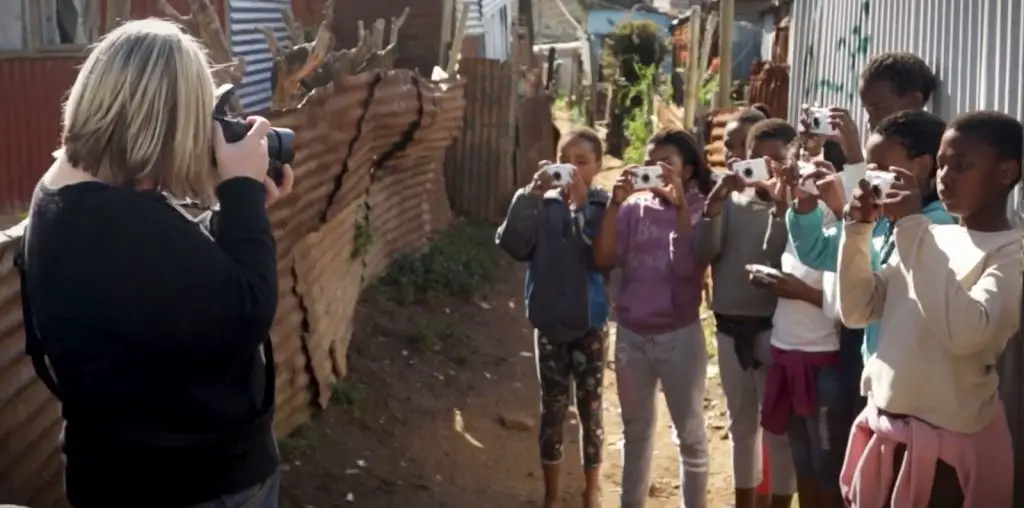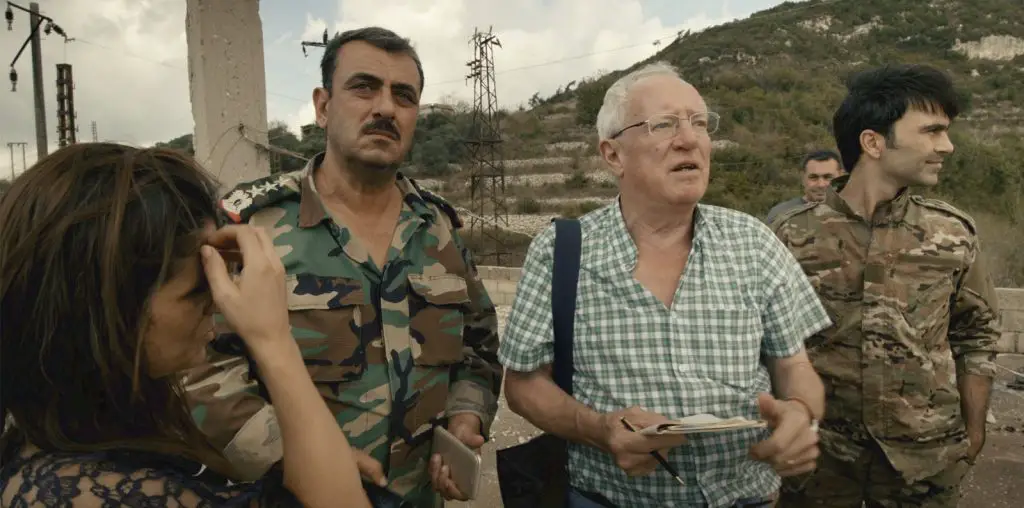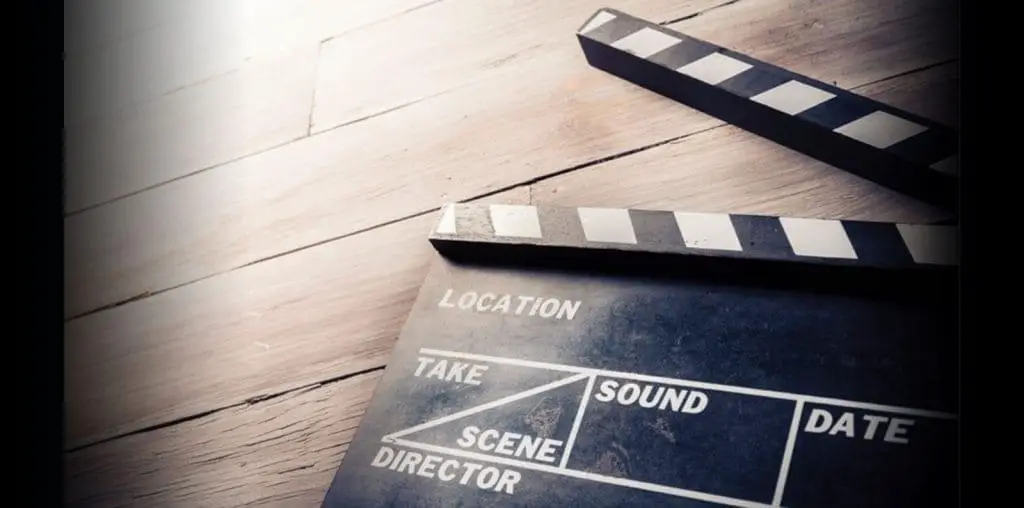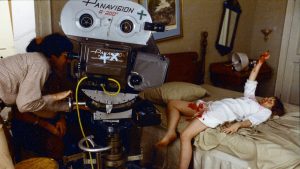
The question of faith is central to this documentary. The Exorcist, of course, pivots on the faith, or lack thereof, of Father Karras. Friedkin worked with a certainty of what he wanted the final product to be, his faith in his own vision unwavering, and he stood by that, even in the face of more experienced filmmakers often criticizing his approach. Max Von Sydow confessed his lack of belief in a deity was a limiting factor in playing the role of Father Merrin.
Friedkin drew from his love of art, designing lighting to evoke the styles of Caravaggio and the Dutch masters. He modeled the film’s structure on classical music. He honored traditions of quintessential films that bring moments of familiar resonance he compares to grace notes in music. His inspirations range from Citizen Kane to Carl Dreyer’s Ordet.
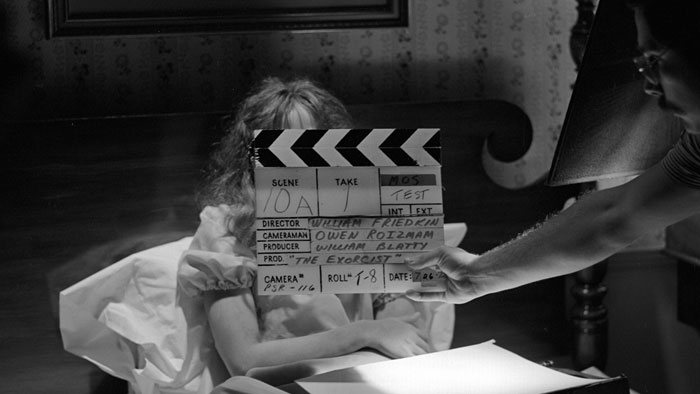
“…an enduring document of a brilliant and articulate filmmaker deconstructing his greatest achievement.”
He’s also unexpectedly candid about flaws in the film. He was never satisfied with how and why Father Karras dies and reveals that the finale was a compromise made with Blatty that he never got comfortable with.
Contemporary documentaries have expanded in scope over time, from replacing investigative journalism (a role reporters abdicated long ago) to reveling in some delightful little-known corner of culture. Alexandre O. Philippe’s Leap of Faith returns to the purity of the original form. He’s helmed an enduring document of a brilliant and articulate filmmaker deconstructing his greatest achievement. Friedkin gives us a master class on the creative process of film and a set of expertly told war stories that thrill and inform. It just doesn’t get better than this.
Leap of Faith screened at the Sundance 2020 Film Festival.
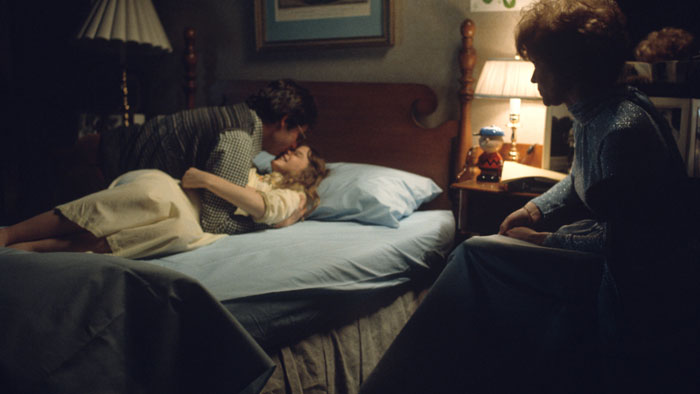
"…a master class on the creative process of film and a set of expertly told war stories that thrill and inform."
